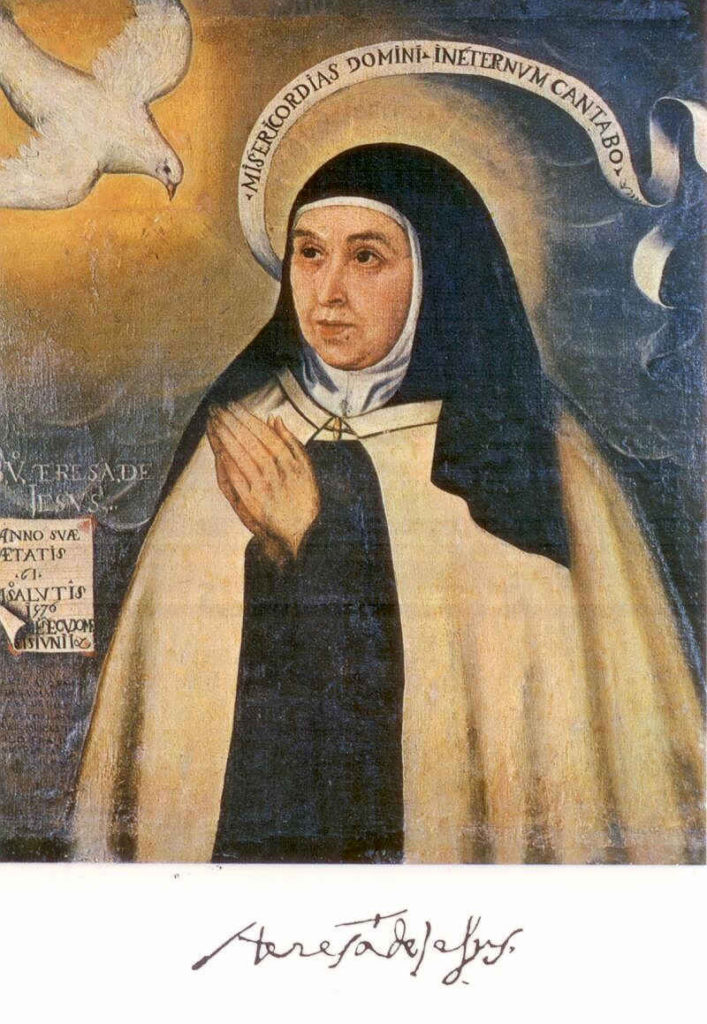Almighty God, whose blessed Son went about doing good, and healing all manner of sickness; Continue, we pray, his gracious work among us; cheer, heal, and sanctify the sick; grant to the physicians, surgeons, and nurses wisdom and skill, sympathy and patience; and send down your blessing on all who labor to relieve suffering and to forward your purposes of love; through Jesus Christ our Lord. Amen.
Carrying on Jesus work today as his disciples means we look at the world through the eyes of mercy; praying that the Spirit of God will guide us in our love towards others, that we seek to do good and forward God’s purposes of love in all we do.
It does not mean it will be easy or that it won’t challenge us.
In our first reading…Naaman – the commander of the army of the king of Aram, though a mighty warrior, he suffered from leprosy. (remember Leprosy in the bible is not the same as we understand Leprosy today as Hanson’s disease).
Naaman hears from his wife about an Israelite slave girl, the most powerless person around him, and she startles him with the revelation that a prophet in Samaria can cure him. In Israel?!? Outrageous!
He writes to The King of Israel, who doesn’t want him to come, he’s commander of the enemy’s army. But…Elisha the Prophet intervenes and asks for the General to come to him. When he approaches the prophet, Elisha doesn’t go to him. He sends a messenger instead to Naaman with his horses, his chariots, and his entourage with him. The messenger tells him to go wash in the Jordan, 7 times, and he will be made clean.
Naaman was furious, felt disrespected because the prophet didn’t come out to see him, didn’t call upon God and didn’t do anything. The rivers back home are just as good as the Jordan! Such impudence!
But…his servants approach him and remind him that if the prophet had given him a hard task to do, he would have done it. Why get upset about going to the Jordan to wash and get clean?
And for the second time, Naaman listens to the least in his presence and he goes and does as Elisha had said. And lo and behold, he is made clean, his leprosy is gone! And he goes back to the prophet and he praises God for what has happened.
An amazing story of one who was healed, an enemy of Israel, who becomes faithful from the healing.
The slave girl and servant both lived into
“Love is unselfishly choosing for another's highest good.” ~ C.S. Lewis.
In the Gospel, as Jesus entered a village, ten lepers approached him. Keeping their distance, they called out, saying, "Jesus, Master, have mercy on us!" They kept a distance because they had to, no one was to touch them, they lived apart from others in society. Many saw them as cursed by God, impure, rather than infected with a particular disease.
But Jesus looked upon them, loved them and said to them, "Go and show yourselves to the priests." To be declared clean or healthy, a leper was to show him or herself to a priest who would then make the judgment. So by sending them, Jesus healed them, choosing the higher good.
And as they went, they were made clean. Then one of them, when he saw that he was healed, turned back, praising God with a loud voice. Who was it? A foreigner. An immigrant. A stranger.
The thankful one who returns to Jesus to praise God, is a Samaritan, someone outside the Jewish faith, someone whom the disciples of Jesus & those who heard this Gospel in the 1st century would have been shocked to hear praised by Jesus. It is an important point that the one who stopped to give thanks was the unexpected Samaritan & that Jesus healing knows no bounds.
Jesus looked upon them with the eyes of mercy and the who one came back to praise God, was an outsider to the faith just like Naaman from Assyria when he was healed via Elisha. It would seem that God does not always operate within our boundaries.
So as we go out into the world, to be those healers that God calls us to be, we need to make sure we have our eyes wide open for mercy’s sake and that we seek others highest good. Maybe even those we think are our enemies.
In John Drinkwater’s play Abraham Lincoln, this exchange takes place between President Lincoln and a Northern woman, an anti-Confederate zealot.
Lincoln tells her about the latest victory by Northern forces—the Confederate army lost 2700 men, while Union forces lost 800. The woman is ecstatic. “How splendid, Mr. President!”
Lincoln is stunned at her reaction. “But, madam, 3500 human lives lost . . .”
“Oh, you must not talk like that, Mr. President. There were only 800 that mattered.”
Lincoln’s shoulders drop as he says slowly and emotionally: “Madam, the world is larger than your heart.” (Connections, 2013)
Our attitudes and perceptions, our view of the world often reduce others to lepers - those we fear, or those whose religion or race or identity or beliefs seem to threaten our own. We exile these lepers to the margins of our society, outside our gates; we re-duce these lepers to simple labels and stereotypes; we reject these lepers as our enemy or too unclean to be part of our lives and our world.
God breaks into this world. Healing an enemy general, healing 10 lepers including a Samaritan. God seeks a higher good for all of us, loves us through God’s mercy and grace. Jesus who heals lepers comes to perform a much greater miracle—to heal us of our debilitating sense of self that fails to realize the sacredness and dignity of those we too often demean as lepers at our own gates.
May we with the eyes of mercy be God’s bearers of love and mercy to embrace everyone in our world, not just those on our side, for it is our baptismal calling to be such a presence in our world, whether we are young or old, rich or poor, God calls us all to be healers in our world today. Amen.






